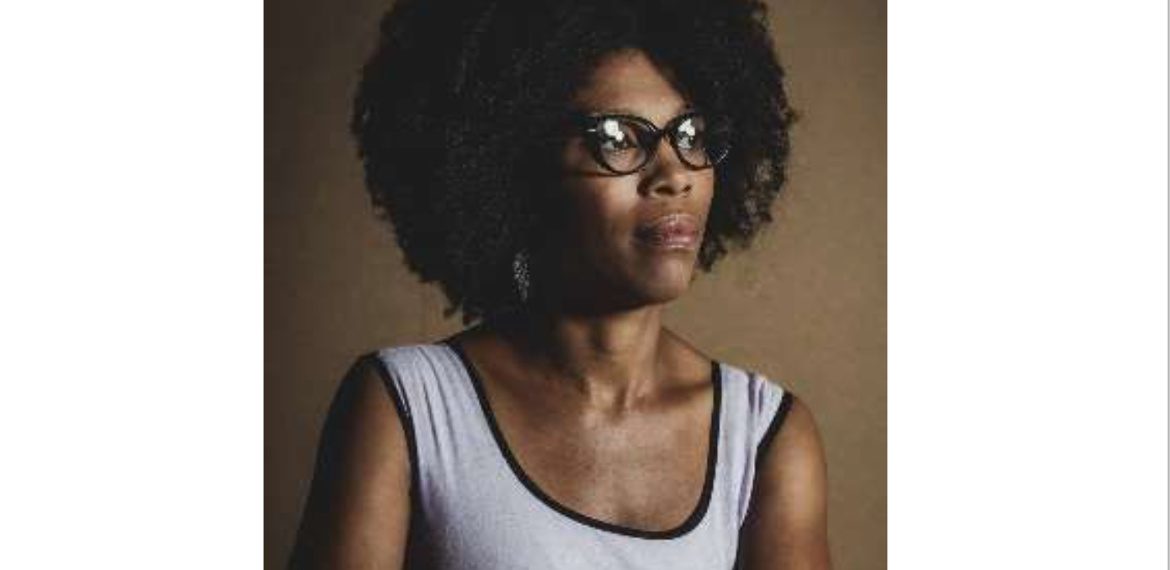
“What if I am A Woman”: Black Women’s Campaigns for Sexual Justice and Citizenship
ABOUT EVENT
Summary:
This lecture will trace black women’s resistance to sexual violence during the transition from slavery to freedom and reveals how their claims for sexual justice informed national debates about the meanings of freedom and citizenship. Black women’s relentless defense of themselves under impossible circumstances informed not only the anti-slavery discourse espoused by abolitionists, but also influenced the Republican party’s vision of racial equality from the 1850s until the end of Reconstruction. Taken together, black women’s radical and often violent campaigns for sexual justice and Republican ideas about legal equality for free blacks (and fugitive slaves), reveals the emergence of a new sexual citizenship that culminated during the Civil War, when black women gained the right to withhold consent and to legally testify as victims of sexual assault under military law. During Reconstruction, however, as Republican governments lost political power in the South, black women lost hard won rights of legal protection as nightriders and klansmen raped and sexually brutalized black women all over the south. Once again denied their right to testify and legal protection against white men’s sexual assaults, black women, such as Ida B. Wells, turned to the press and organized for sexual justice as a right of citizenship.
Bio:
Crystal N. Feimster, a native of North Carolina, is an associate professor in the departments of African American Studies and History and the programs of American Studies and Women, Gender, and Sexuality Studies at Yale University, where she teaches a range of courses in 19th and 20th century African American history, women’s history, and southern history. She has also taught at Boston College, UNC-Chapel Hill, and Princeton. She earned her Ph. D. in History from Princeton University and her BA in History and Women’s Studies from UNC-Chapel Hill. She is the author of Southern Horrors: Women and the Politics of Rape and Lynching, a history of how black and white women in the US South were affected by, and responded to, the problems of rape and lynching in the late 19th and early 20th centuries. She is currently completing her manuscript, Truth Be Told: Rape and Mutiny in Civil War Louisiana, a case study that locates the story of rape and mutiny at Fort Jackson in December 1863 and January 1864 as part of a formative moment in the emergence of new ideas about freedom and citizenship in America. Feimster has received numerous teaching and mentor awards at Yale and is an OAH Distinguished Lecturer.
EVENT SPEAKERS
-
Crystal N. Feimster (Yale University)



